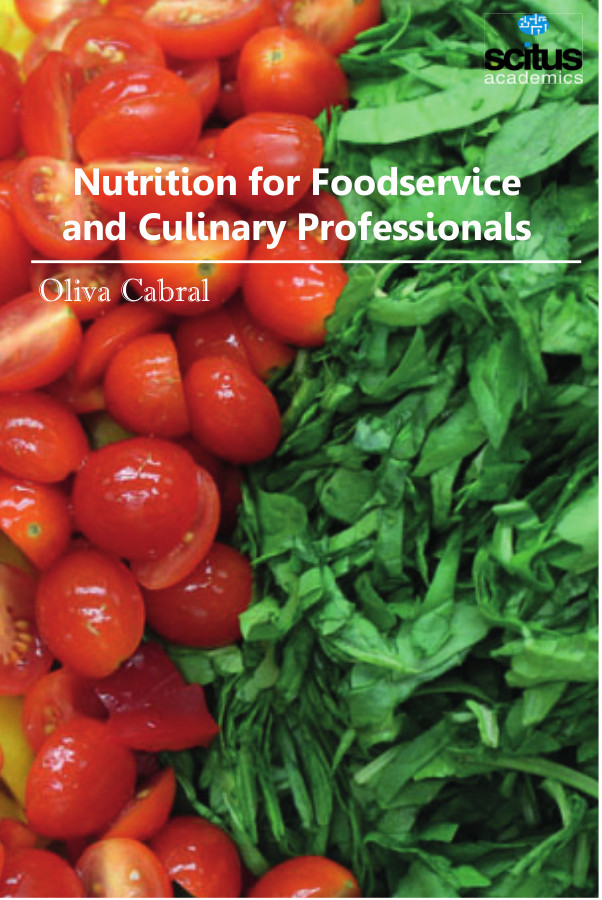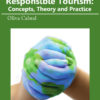Nutrition is the science that interprets the interaction of nutrients and other substances in food in relation to maintenance, growth, reproduction, health and disease of an organism. It includes food intake, absorption, assimilation, biosynthesis, catabolism and excretion. Beyond the physical and emotional satisfaction of eating, we often are concerned about how food choices affect our health. Eating a healthy diet and exercising is not just a concern for adults but for children and teenagers as well. An attribute of a food that includes its appearance, smell, taste, feel in the mouth, texture, temperature, and even the sounds made when it is chewed. The nutritional content of a food can be an important factor in deciding what to eat. Knowledge of nutrition and a positive attitude toward nutrition may translate into nutritious eating practices. Just knowing that eating lots of fruits and vegetables may prevent heart disease does not mean that someone will automatically start eating more of those foods. A poor diet may have an injurious impact on health, causing deficiency diseases such as blindness, anemia, scurvy, preterm birth, stillbirth and cretinism; healththreatening conditions like obesity and metabolic syndrome; and such common chronic systemic diseases as cardiovascular disease, diabetes and osteoporosis.
Nutrition for Foodservice and Culinary Professionals is intended for students in culinary programs, as well as those in hotel, restaurant, and onsite management programs. Practicing culinary and management professionals will find it useful as well. This book helps readers use nutritional principles to evaluate and modify menus and recipes and to respond to customers’ critical questions and dietary needs. From students in culinary arts, hospitality management, and nutrition and dietetics programs to practicing culinary and management professionals, this book will be an invaluable reference.













